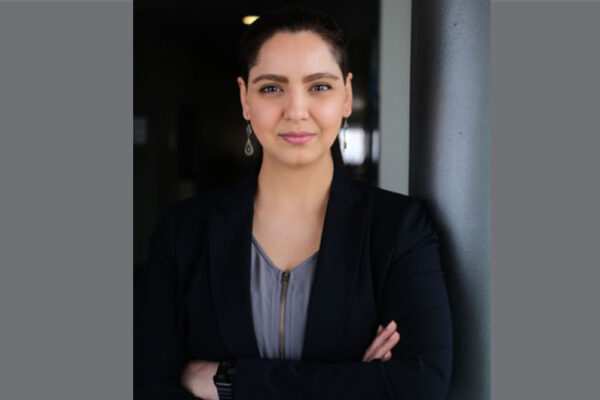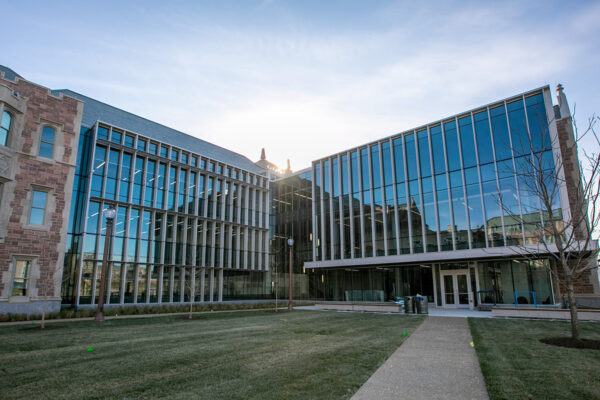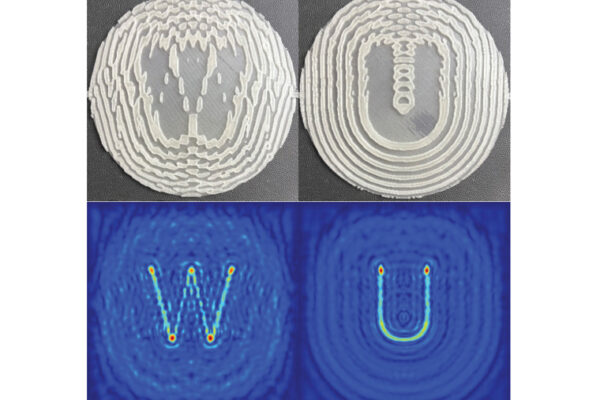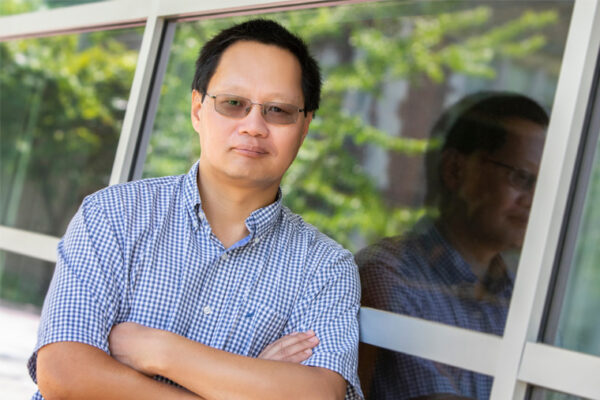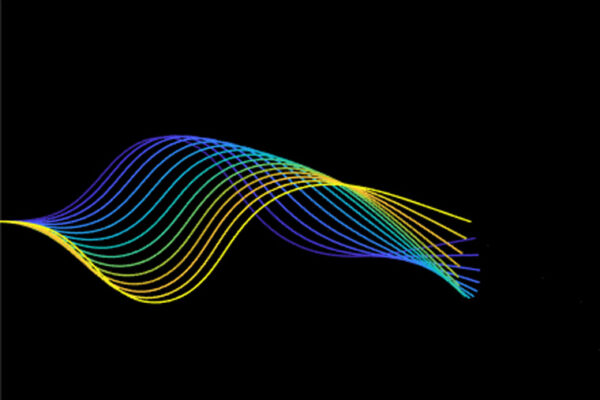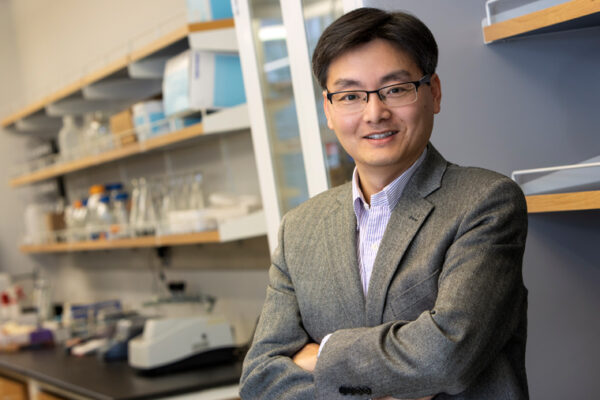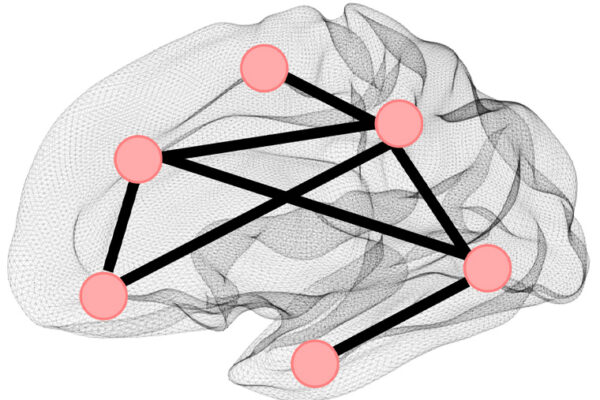Naseh to assess economic progress of refugees from Afghanistan
Mitra Naseh, an assistant professor at the Brown School, has received a grant from the Russell Sage Foundation for a pilot study to examine economic integration among newly settled Afghan refugees.
McKelvey joins Argonne, others, to study urban climate change
Faculty from the McKelvey School of Engineering are part of a collaborative effort awarded $25 million from the U.S. Department of Energy to better understand climate change in urban environments.
New practical method of producing Airy beams could enhance ultrasound
Researchers led by the McKelvey School of Engineering’s Hong Chen recently invented a technique for generating ultrasound waves that can self-bend, like a rainbow.
Restoring movement after spinal cord injury focus of new research
Ismael Seáñez received a five-year $1 million grant from the National Institutes of Health (NIH) to lead interdisciplinary spinal cord injury research.
Water-based gel to be tested as dressing for diabetic wounds
Jianjun Guan at the McKelvey School of Engineering was awarded a four-year $1.8 million grant from the National Institutes of Health (NIH) to develop a new dressing for chronic wounds in people with diabetes.
Push, pull or swirl: the many movements of cilia
Louis Woodhams and Phil Bayly’s team at the McKelvey School of Engineering built a model to better understand how certain cilia — tiny, hairlike structures throughout our body — beat.
Goodhill receives grant to monitor neurons in brain during sleep, wake
Geoffrey Goodhill, professor at the School of Medicine, and colleagues will track each cell in the brain as it cycles between waking and sleep states with $3.2 million in funding from the National Institutes of Health (NIH).
He receives NSF grant for new wastewater tech
A National Science Foundation grant will support the research of Zhen “Jason” He at the McKelvey School of Engineering as he works to develop a more economically viable, sustainable waste conversion technology for wastewater.
Modeling personalized medicine for neurocritical illness
ShiNung Ching and collaborators are working with a $1 million NIH grant to predict and prevent some injuries related to neurological illnesses.
Bey to study pre-Hispanic Andean culture
Bridget Bey, a graduate student in archaeology in Arts & Sciences, won a $20,000 grant from the Wenner-Gren Foundation for Anthropological Research to study late pre-Hispanic Andean culture.
View More Stories
